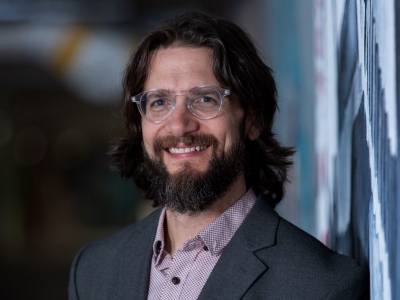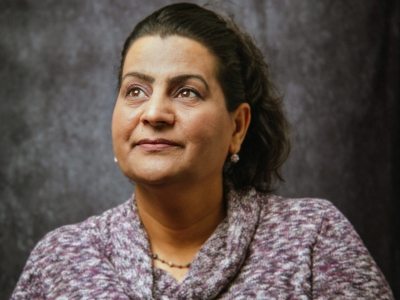Natural Resources Canada recently launched the Canada Greener Homes Grant, a program in which homeowners can apply for up to $5000 in rebates for energy efficient upgrades in their homes.
 Maya Papineau, an associate professor in the Department of Economics, will be assisting consumers to leverage these funds, among others, though the project, “A Network to Deploy a Randomized Controlled Field Trial to Identify Robust, Equitable and Empirically Validated Pathways to Magnify Residential Energy Efficiency Investment Uptake.”
Maya Papineau, an associate professor in the Department of Economics, will be assisting consumers to leverage these funds, among others, though the project, “A Network to Deploy a Randomized Controlled Field Trial to Identify Robust, Equitable and Empirically Validated Pathways to Magnify Residential Energy Efficiency Investment Uptake.”
The project is funded through a three-year $199,917 SSHRC Partnership Development grant to look at field experiments and control groups in the fields of energy and environmental economics.
Through a pilot project in Kelowna, B.C., the partnership between academics, industry and municipal and national policymakers will develop a model to identify successful pathways to meet Canada’s ambitious climate change targets.
The project centres on a randomized controlled field trial to magnify residential energy efficiency program participation in existing homes. The partnership aims to generate data and analysis on the most effective, equitable and welfare-enhancing approaches to drive greenhouse gas reductions in Canada’s residential buildings.
The project will also provide training for graduate students in leading-edge empirical methods, improving their employment opportunities in the field of environmental and energy economics, as well as establishing partnerships to generate emissions reductions.
“Our collaboration will generate credible and robust estimates of the realized energy savings consumers can expect from adopted home retrofits,” says Papineau. “By identifying unobserved consumer costs and benefits from energy efficiency investments that are not captured by home energy audits, we can drive higher program uptake.”
These outcomes will contribute to new knowledge on the most effective approaches to meet Canada’s greenhouse gas targets. It will also document to what extent customer preferences, lack of information and financial barriers are factors that explain relatively low uptake of energy efficiency investments.
“Our aim is to provide new insights to guide climate policy and allocate resources in ways that achieve both high impact and maintain public support,” says Papineau.
Wednesday, June 16, 2021 in Department of Economics, News, Research
Share: Twitter, Facebook



